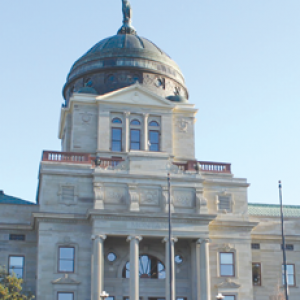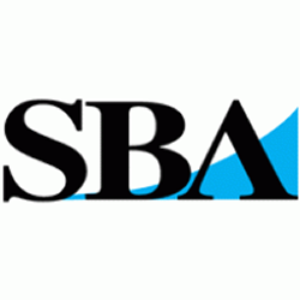By Billings Chamber of Commerce, Billings Chamber of Commerce
When we asked our membership last June about policy priorities for the 2021 Legislative Session, Public Safety was in the top 3. It was not a surprise. Anecdotally we hear from members tired of reading about another murder, wondering when we’ll get the meth epidemic under control, and avoiding downtown because of the transients. Unfortunately those concerns aren’t overblown.
Violent crime in Billings increased 115% in the last ten years. A report put together in 2019 for the Substance Abuse Connect (SAC) group, a partnership of providers, law enforcement, and businesses with the goal of addressing addiction issues in Yellowstone County, highlights some other sobering statistics:
—“Substance misuse and abuse are common in the Yellowstone County/ Billings community with more than 4,000 individuals aged 12 years or older dependent on or abusing illicit drugs.”
—”[M]ethamphetamine is the most common drug seized by law enforcement officials in the community.”
Substance Abuse Connect has made significant progress since its inception to identify our needs and work toward the goals of the 2020 – 2023 Action Plan: (1) increasing our community’s collective impact; (2) improving diversion and treatment; and (3) increasing access to substance abuse prevention.
In addition to the efforts of SAC, the Downtown Billings Alliance hired a Resource Outreach Coordinator (ROC) to work alongside the BPD Downtown Resource Officers and engage individuals living with substance abuse disorder. Recently, an allotment of beds at the jail were made available to re-institute a highly successful diversion and treatment program used in Billings know as Motivated Addiction Alternative Program. In short, the goal is to move people from addiction, into treatment, and ultimately onto recovery and transformation.
While Billings has seen some great successes recently, we continue to face issues of capacity and funding. Additional resources are needed to fully combat the drug epidemic we face. Governor Gianforte’s focus on this matter, and his creation of the Healing and Ending Addiction through Recovery and Treatment (HEART) fund can help provide those resources. Using tax revenue from marijuana and tobacco tax settlement monies the governor’s budget invests $23.5 million/year to fund a complete continuum of prevention and treatment in Montana communities.
The Billings Chamber is grateful for Governor Gianforte’s prioritizing addiction issues. Billings has built a great model of cooperation and success. Additional resources from the state will help to fill the gaps we might not otherwise be able to plug. I’m hopeful that before the 2023 Legislative Session, we’ve done enough to combat the drug epidemic and improve public safety that our members no longer list public safety in their top 3 issues.
House Bill 252, Tax credit for trades education and training, Rep. Llew Jones (R), Conrad
Billings Chamber Supports
One of the issues we hear from industry and trades businesses is a need to balance the emphasis of education between four-year colleges and careers in the trades. Providing a tax credit for businesses to offset the costs of trades education and training is a productive step toward addressing the workforce challenges our trades businesses face. This is incredibly important now, as we recover from a global pandemic that will forever impact our economy. Businesses have found new efficiencies and the evolution of new technologies necessitate continuous education and training across industries. On February 9th, the bill will be heard in House Tax.
House Bill 303, Business Investment Grows (BIG) Jobs Act, Rep. Joshua Kassmier (R), Ft. Benton
Billings Chamber Supports
One of the Billings Chamber’s priorities is to reduce the cost of doing business in Montana. The governor’s Business Investment Grows (BIG) Jobs Act accomplishes that goal. Current law allows a tax exemption on the first $100,000 of business equipment subject to the business equipment tax (BET). The BIG Jobs Act would double that exemption to $200,000, effectively eliminating payment of the BET by approximately 4,000 small business owners. With less spending on the BET, this means more spending in our local communities, benefiting businesses that may not even be subject to the BET. On February 9th, the bill will be heard in House Tax.
Senate Bill 159, Personal income tax relief, Sen. Greg Hertz (R), Polson
Billings Chamber Supports
This bill reduces the top personal income tax rate from 6.9% to 6.75%, starting in tax year 2022 and applying to taxable income above $18,500. Relative to other western states, our current top income tax rate is one of the highest which can be a barrier for attracting the best and brightest workforce to Montana. While we know tax rates are only one of many factors affecting where people decide to live, our competition has similar outdoor opportunities and quality of life, making the difference in tax rates stand out. And with more money in their pockets, Montanans will spend more with our local businesses. On February 11th, the bill will be heard in Senate Tax.


